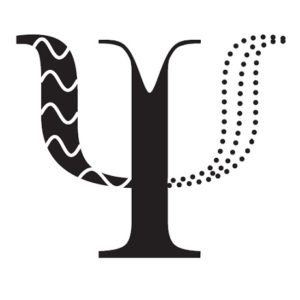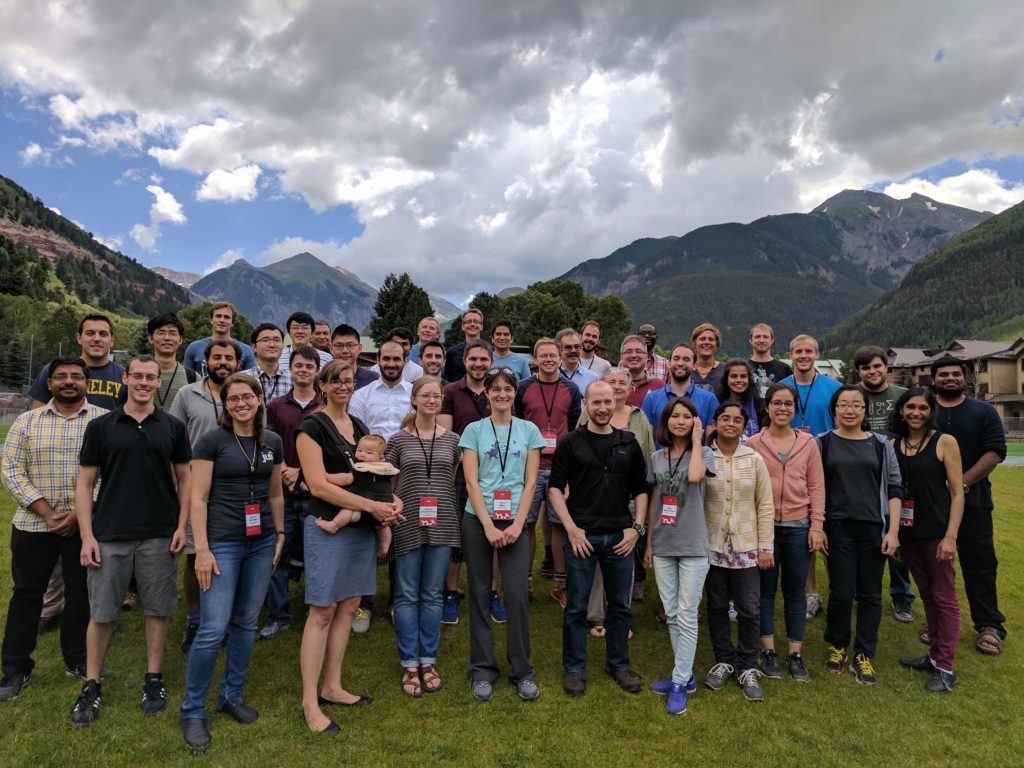The first US-based summer school and workshop on Time-Dependent Density Functional Theory (TDDFT) was held July 11-21, 2017 in Telluride, CO. TDDFT is increasingly used in
computational molecular and materials science to calculate electronic-excitation spectra and dynamics in a wide variety of applications, including photocatalysis, photo-controlled bond dissociation, and light-induced charge transfer. Software development in this community targets multiple software packages, many of which are open source, such as octopus, NWchem and Qb@ll, which are the ones our school focused on. The goal of this first iteration was to create a home for a national community of scholars, including users and developers, with a deep understanding of TDDFT, its capabilities, limitations, and high-performance computing context. We used this opportunity to explore interest in such an event in the future and based on overwhelmingly positive feedback from students and teachers, we intend to hold a similar school+workshop every two years in the US, in order to maintain the high level of interest that we witnessed and the enthusiasm amongst participants.
Monthly Archives: March 2018
Scientific report on the “Total Energy and Force Methods 2018” Workshop
 Total Energy and Force Methods 2018
Total Energy and Force Methods 2018
Selwyn College, Cambridge, UK
9th – 11th January 2018
Organisers: Chris Pickard (University of Cambridge), Gábor Csányi (University of Cambridge), Mike Payne (University of Cambridge), Richard Needs (University of Cambridge), Michiel Sprik (University of Cambridge); External advisor: Mike Finnis (Imperial College London).
Funding: Psi-k, CCP9, the UKCP Consortium and the EPSRC CDT in Computational Methods for Materials Science.
Introduction
This event was the latest in the “mini” series associated with the “Total Energy and Forces” workshops, held at ICTP in Trieste every two years. Since 1987 the Trieste workshops have taken place in odd-numbered years, alternating with the mini workshops, held each even-numbered year in a different location. The most recent workshops of the mini series took place in Madrid (2000), Tenerife (2002), Paris (2004), Cambridge (2006), Bonn (2008), Shanghai (2010), Barcelona (2012), Lausanne (2014) and Luxembourg (2016).
The workshop focused on the most recent developments in the field of electronic structure methods from the first-principles perspective, their diverse applications and mathematical foundations. The numerous approaches that are developed and used in the electronic-structure community provide the foundation for computing many physical and chemical properties of solids, liquids, and low-dimensional systems. However, there are numerous challenging applications for which the level of approximation is insufficient or where computational costs are prohibitive for accurate quantitative prediction of material properties. Therefore, continued efforts are devoted to an improvement of existing methods and the development of new methods.
Continue reading Scientific report on the “Total Energy and Force Methods 2018” Workshop

